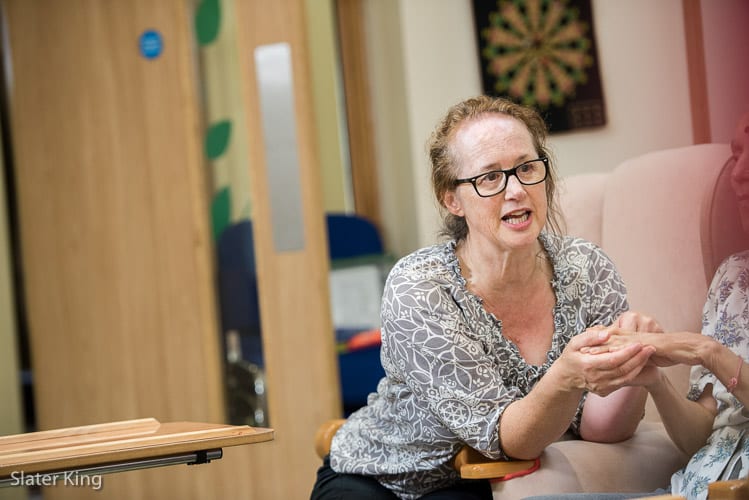Dr Sunil Gupta, GP and Clinical Advisor for Dementia (Midlands and East) at NHS England, on providing the right care for someone with dementia.
According to the Alzheimer’s Society, there are currently around 850,000 people with dementia in the UK, and this figure is set to rise to a million by 2021.
However, fewer than half of people living with dementia in the UK have a diagnosis. It’s important to get a diagnosis so that patients and their families can better understand and manage the condition. By raising awareness about the condition it is hoped that more people will recognise the signs and symptoms and see their GP.
Can I provide the right care?
Receiving the right care and support can make a huge difference to someone with dementia. Not only can it provide them with the social interaction and stimulation they need, but it can also help them to look after their physical and mental health so they can continue to live a full life for many years.
If your friend or relative has recently been diagnosed with dementia then you may feel daunted by what lies ahead, and not know whether you can provide the right level of support. It’s important that you share your concerns with your doctor or dementia carers and talk through the various options available before making any decisions.
Everyone with dementia is different and the level of care and support they need will depend on their individual circumstances. It will vary according to the type of dementia they have and the stage it is at, as well as their general health and wellbeing. It will also change over time. For example, some people with mild dementia may cope well in their own home whilst some may live with a family member who does most of the caring. If things become worse, a place in a residential or nursing home may be the best option.
Whatever care arrangement is put in place, it’s a good idea to review it at regular intervals with your doctor or dementia carers to ensure that appropriate levels of care and support are being provided.
Becoming a carer
Most people with dementia are cared for in the community and often, the main carer is a family member. If you become dementia carers for your friends or relatives, you can access a range of support from health and social care services, including home care and day care. This may include support from a district nurse, occupational therapist, social worker or mental health nurse. Your GP or dementia carers can advise you on what support is available in your local area.
We hope that you’ve enjoyed this article, you might also like to read our previous blog on Worcestershire nursing homes.


